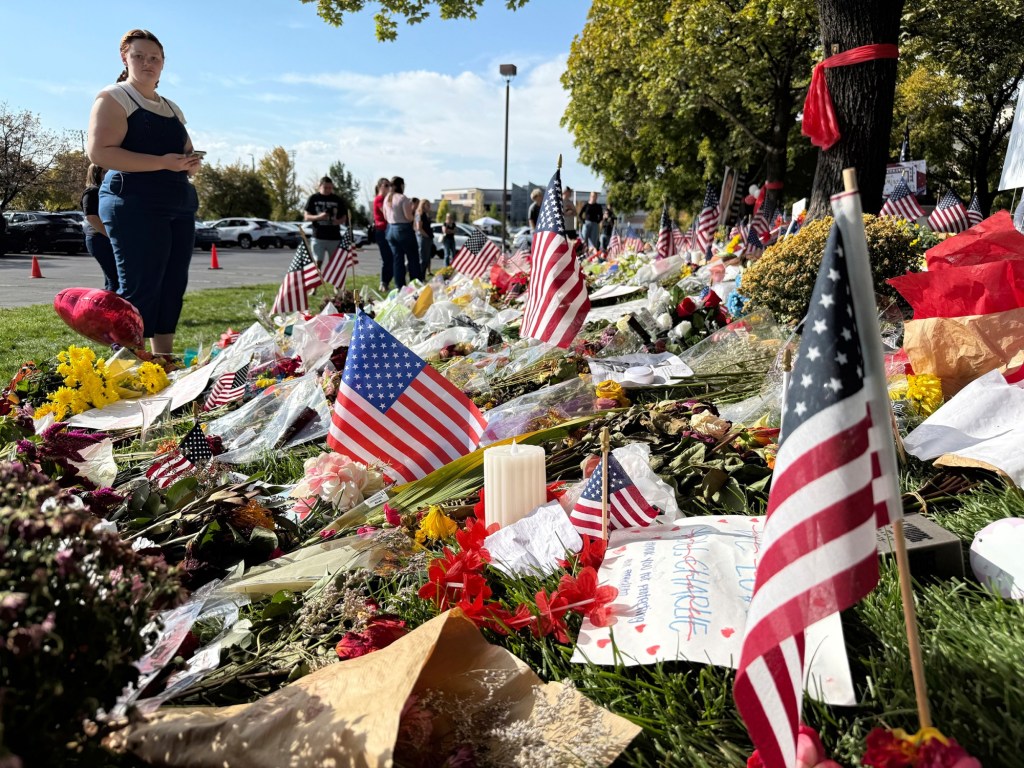Why?
That is the question on all of our minds as we grieve as a country.
How does a 22-year-old former honor student become unrecognizable to himself — and to the world? What causes him to give up all of his promise to kill another person?
More importantly, what do we do to prevent this?
I have worked with domestic violence victims in the family courts for more than 50 years. Even in the most violent circumstances, they often tell me: “If only I had known then what I know now.”
We do know now.
We know now that in the United States, there are more guns than people — 120 for every 100 residents, more than any nation on Earth. Americans make up less than 5% of the world’s population but own almost half of all civilian firearms. As a result, our gun homicide rate is 26 times higher than in other high-income countries. In 2024, the U.S. averaged nearly two mass shootings per day.
But access to weapons alone does not explain this crisis. Psychology helps us understand how words and environments shape behavior. When leaders describe opponents as enemies, or suggest that democracy itself is under attack, it fosters moral disengagement — the process by which individuals justify violence against those they no longer see as fully human.
We know that while only 10% to 15% of mass shooters have a psychotic disorder, about a quarter struggle with depression, suicidality or untreated mental illness. Yet research shows that political violence often grows less from illness than from radicalization: a process where grievances are reinforced in echo chambers, especially online, until violent action feels not only permissible but necessary.
Threats against members of Congress have quadrupled since 2017, and a 2023 national survey found that nearly one in four Americans believes political violence may be necessary “to save the country.” This is not simply political division — it is social contagion, where repeated violent rhetoric spreads through communities, normalizing thoughts of aggression and making them more likely to be acted upon.
In moments of crisis, individuals may also experience deindividuation — the loss of self-awareness when swept up in group identity and charged language. Under these conditions, the line between thought and action can collapse, particularly for those already suicidal or seeking meaning through martyrdom.
Victims are Americans, not partisans. A casket is not marked Democrat or Republican. The tears of family members are real and without political valence. The loss of a parent is a hole in the heart of a child that cannot easily be healed.
How do we try to prevent these unimaginable losses to the victims of free speech? We don’t need another shooting before we act.
Appoint a blue-ribbon committee of clergy, psychologists, psychiatrists, social workers, FBI and law enforcement officials to study and make recommendations about prevention.
As was done in Utah, have Democrats sit in Republican seats in the legislature and vice versa.
Begin a dialogue between political parties led jointly by their leaders, focused not on blame but on prevention.
Restore the requirement of mental health background checks before a weapon is purchased. This could prevent individuals with serious mental health issues from having access to weapons of war.
Create a national threat assessment hotline, both voice and internet. Most but not all individuals who harm threaten first. This should be staffed by mental health professionals and law enforcement.
Educate our children, not only on how to survive with active shooter drills, but also reassure them that we as a country are doing everything possible to avoid these terrifying events.
If words can drive people to kill, then words can also call us back from the brink — if we choose to use them that way.
Prayer is not enough. Leadership must come from the top — in words and actions because as long as violent rhetoric fuels moral disengagement, we will all remain at risk.
Doyne is a clinical and forensic psychologist with 50 years of experience in family courts, specializing in custody evaluations, consultations and expert testimony. He lives in San Diego.
